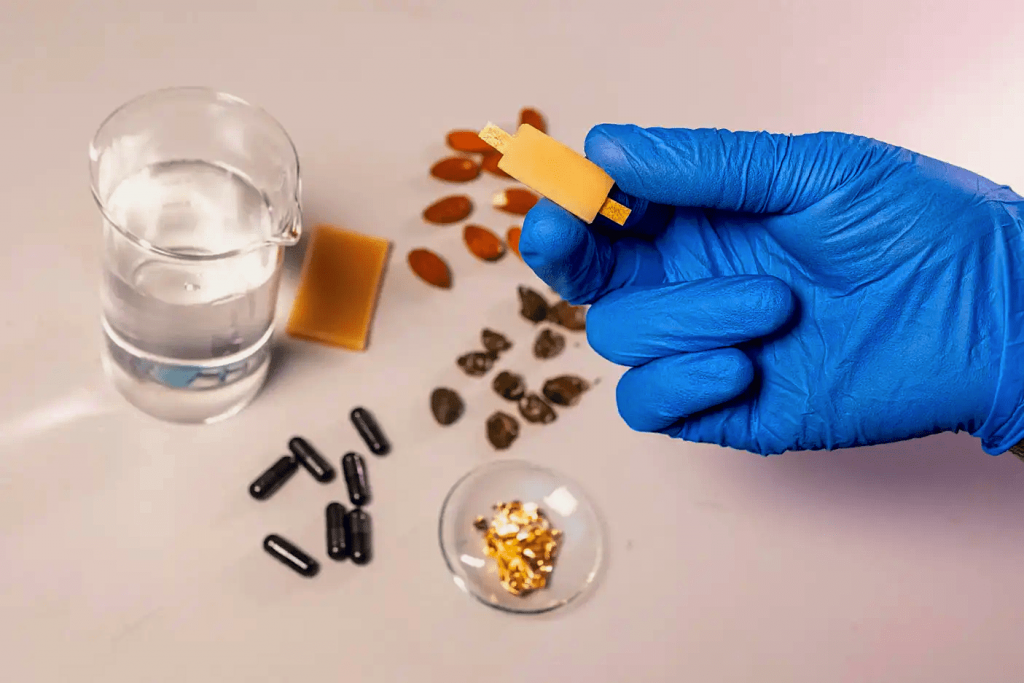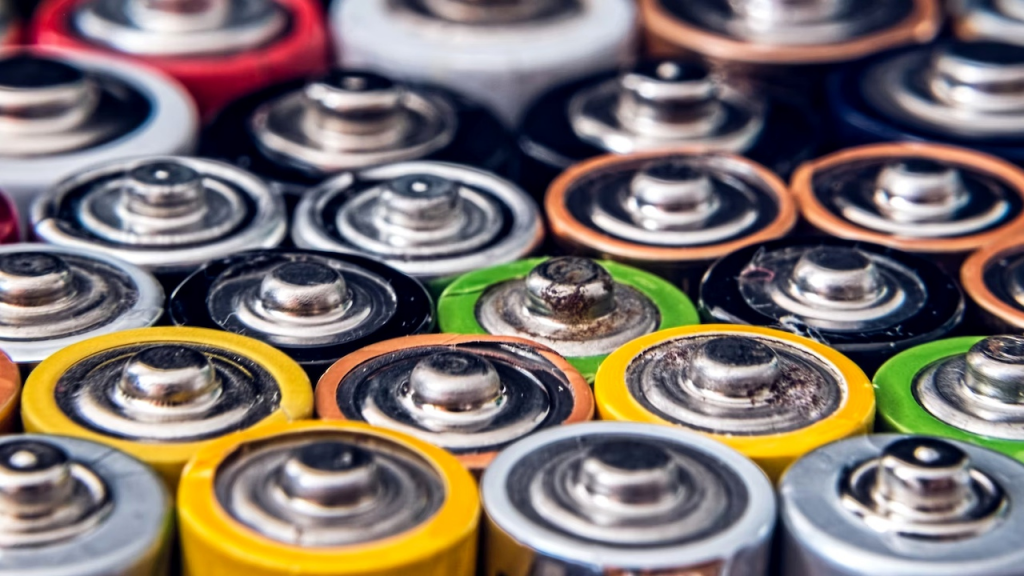Edible electronics is an emerging field of research that combines the principles of electronics and materials science with the growing demand for more sustainable and safer energy sources. With the increasing need for more eco-friendly technologies, researchers are exploring the potential of using natural materials to create fully edible electronic devices.
Recently, the Istituto Italiano di Tecnologia has successfully developed the world’s first rechargeable edible battery made from materials that are commonly found in our daily diet. This innovative technology can be used for health diagnostics, monitoring food quality, and even in the creation of edible soft robotics.

Edible electronics is a field that has recently gained attention and is expected to significantly impact the diagnosis and treatment of gastrointestinal tract diseases, as well as food quality monitoring. The IIT research group developed a battery that utilizes riboflavin as an anode and quercetin as a cathode, with activated charcoal used to increase electrical conductivity and nori seaweed as the separator to avoid short circuits. The battery operates at a low voltage of 0.65 V and can supply power to small electronic devices such as low-power LEDs for a limited time.

The team plans to develop devices with greater capacity and reduce overall size, which will also be tested for powering edible soft robots.
With further developments and testing, edible batteries could become a viable option for a range of applications, paving the way for a more sustainable future. In addition, the use of safe, non-toxic materials for batteries can inspire scientists to build safer batteries in the future. Moreover, it is an excellent example of how we can use everyday materials to create cutting-edge technology that benefits humanity.

“These developments will be tested in the future also for powering edible soft robots,” research coordinator Mario Caironi stated.
The study has been published in the journal Advanced Materials.


